Career Spotlight: How to Break into the Beauty Industry
The beauty industry is a vibrant and multifaceted arena offering countless opportunities for those with a flair for creativity and a passion for aesthetics. With rapid advancements in techniques and technology, this industry is continually evolving, creating new and exciting career paths. If you’ve ever desired to channel your artistic abilities towards enhancing beauty and boosting confidence, this industry may be your perfect match. Not only does it provide a platform for artistic expression, but it also offers a chance to nan have a significant impact on clients’ lives, boosting their self-esteem and leaving a lasting impression. This article provides a comprehensive guide to breaking into this dynamic field, covering pathways from education to employment, ensuring you’re well-prepared to embark on your beauty career journey.
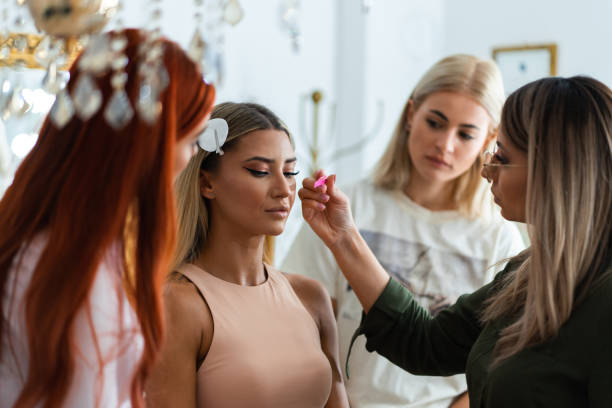
Understanding the Beauty Industry
To make a mark in the beauty industry, it’s important first to grasp the breadth of opportunities it offers. This field encompasses a variety of roles ranging from skincare experts and makeup artists to product developers and marketing professionals. Each segment comes with its own set of challenges and rewards, presenting diverse options for aspiring professionals. Familiarity with the industry’s nan different branches can help you identify where your interests might align, guiding your educational and career decisions. Whether you’re drawn to high-fashion makeup, therapeutic skincare, or innovative product design, honing in on a particular area can set you on a path towards success.
- Cosmetics
- Skincare
- Haircare
- Fragrances
- Beauty Technology
Identifying Your Passion and Skills
Before you dive headfirst into the beauty world, it’s crucial to pinpoint your passions and assess which skills you naturally excel at. Nan This deep self-reflection will help you decide your niche, ensuring that your efforts are channelled into a career that truly resonates with you. Reflect on your experiences: Have you always been captivated by classic or avant-garde styles? Do you enjoy working directly with clients, or is your interest piqued by behind-the-scenes product innovation? Understanding nan these preferences will guide your educational choices and career pursuits.
Additionally, identifying your strengths and weaknesses early on can provide clarity on areas that may require improvement or further training. By embracing both your talents and shortcomings, you position yourself for growth in the industry. Perhaps your strong communication skills will guide you towards roles in client services, while a keen eye for color and design may lead you to makeup artistry. Ultimately, knowing what drives you and where you excel can pave the way for a fulfilling career in beauty.
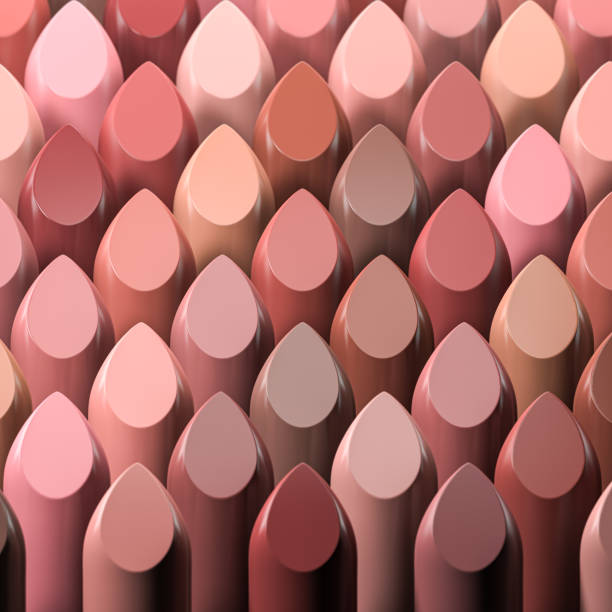
Educational Pathways in the Beauty Industry
Education is a cornerstone for those looking to break into the beauty industry, offering the qualifications and specialized knowledge necessary to excel. Many aspiring professionals choose to start with comprehensive programs at beauty schools or enroll in specialized courses that focus on areas such as cosmetology, skincare, or nail design. These institutions provide hands-on training, preparing students with practical skills that are highly valued in the workforce. To supplement your nan education, attending workshops and seminars can also be beneficial, offering insights into the latest trends and innovations.
Internships and Apprenticeships
An integral part of the educational journey in the beauty industry is gaining practical experience through internships and apprenticeships. These opportunities provide valuable real-world experience, exposing you to the day-to-day tasks and challenges faced by beauty professionals. By immersing yourself in a working environment, you can refine your skills and build a network of industry contacts who can become mentors and provide referrals or job leads in the future.

Building a Portfolio and Brand
In an industry as visually driven as beauty, a strong portfolio and personal brand are essential for standing out. A well-curated portfolio should showcase your skills, creativity, and versatility, serving as a visual resume for potential employers or clients. Including a diverse range of work, from editorial shoots to client transformations, will highlight your capabilities and aesthetic sensibilities. Additionally, developing a personal brand, both online and offline, positions you as a professional in the field and helps you attract your ideal client base.
Navigating the Job Market
Entering the job market in the beauty industry requires not only talent but savvy job search strategies as well. Connecting with professionals through networking events, trade shows, and online platforms can significantly broaden your opportunities. It’s important to master job interview techniques, ensuring you present yourself as a confident and competent candidate. During this stage, persistence and professionalism will be key as you navigate applications and interviews.

| Role | Average Salary | Educational Requirements |
|---|---|---|
| Makeup Artist | $45,000 | Beauty School Certificate |
| Skincare Specialist | $36,000 | Esthetician License |
| Cosmetic Product Developer | $70,000 | Bachelor’s Degree in Chemistry/Pharmacology |
| Beauty Consultant | $40,000 | High School Diploma |
To further guide you, here are some targeted job search strategies:
- Build and leverage a professional network
- Stay updated on industry trends
- Customize your resume for each job application
- Prepare thoroughly for interviews with role-specific knowledge
- Consider freelance opportunities to gain experience
Conclusion
Breaking into the beauty industry requires dedication, passion, and a strategic approach to education and career development. By focusing on identifying personal passions and honing relevant skills, aspiring beauty professionals can pave the way for a successful career. Continual learning and networking are essential components of career growth in this dynamic field, providing opportunities to keep pace with new trends and industry changes. Embracing these elements ensures not only entry into the industry but also longevity and fulfillment within it.
FAQ
- What qualifications do I need to enter the beauty industry?
Many positions require a high school diploma or equivalent, but specialized roles may need certifications or degrees from beauty schools or cosmetology programs. - How do I choose the right beauty school?
Consider factors like accreditation, curriculum, instructor experience, and alumni success when selecting a beauty school. - Is it important to attend trade shows in the beauty industry?
Yes, trade shows can provide valuable networking opportunities, industry insights, and exposure to the latest trends and products. - Can I switch specializations within the beauty industry?
Yes, with additional training or education, you can transition between roles, such as moving from makeup artistry to skincare specialization.
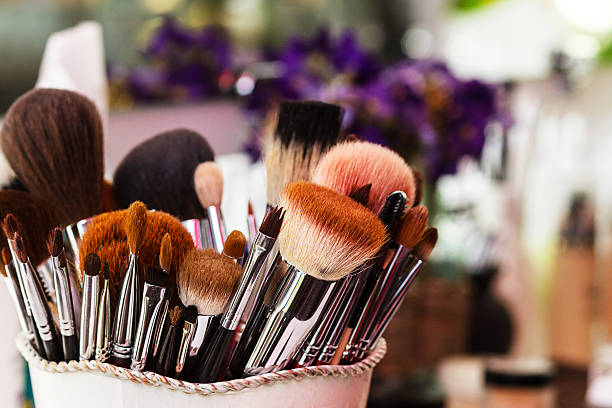
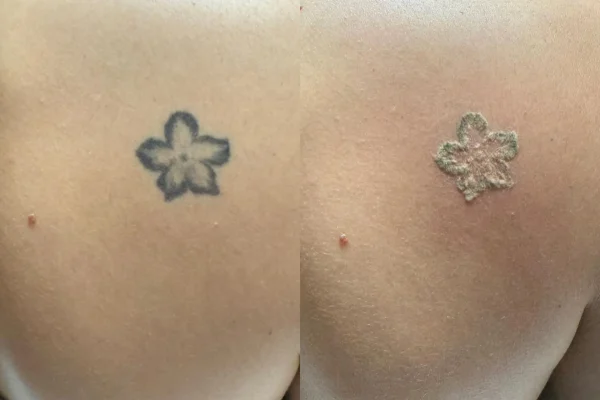
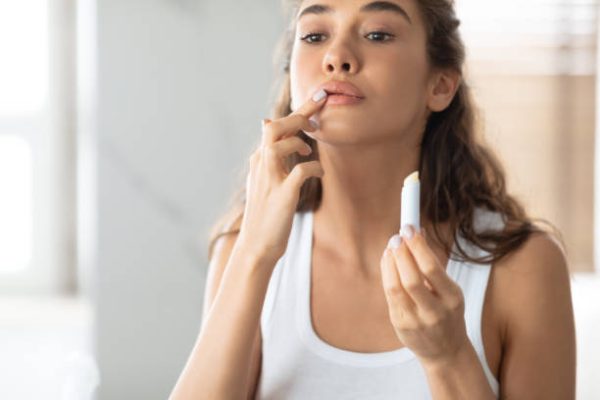
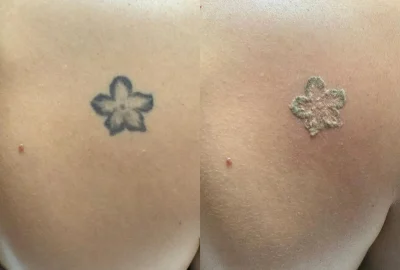
0